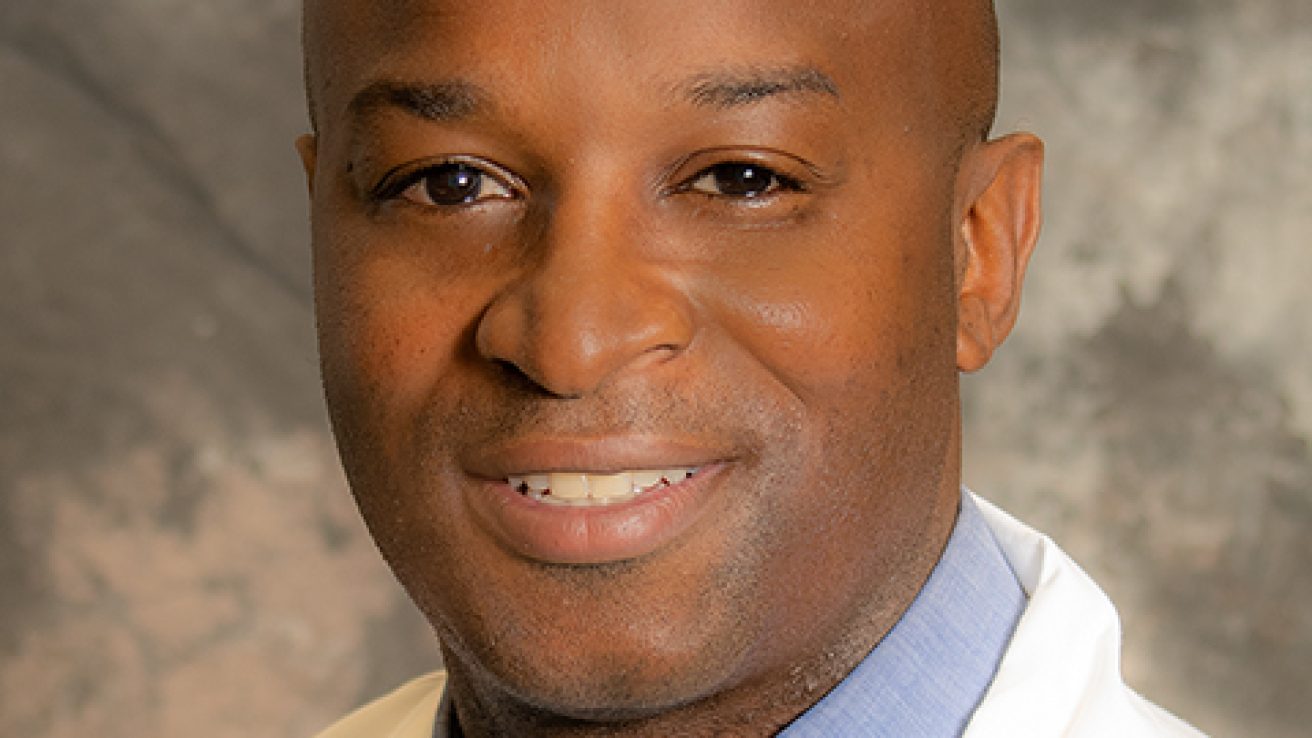In this MD Newsline exclusive interview with trauma surgeon Dr. Nii Darko, we discuss how physicians can best pay off their student loans.
MD Newsline:
How would you recommend physicians pay off their student loans?
Dr. Nii Darko:
“A way for physicians to tackle their student loans more efficiently is one, understand that it’s a major problem. And number two, understand that it’s not normal to have student loan debt. It’s not normal to have debt.
And the third thing is to understand that there are plenty of people who make far less than what physicians make, and they’re able to handle their debt in a much more efficient manner. They can pay their debts way off way sooner than when the actual schedule [says] you’re supposed to pay off your student loan debt. Right?
So, whether you have student loan debt, or if you have a car payment, or if you have a mortgage, the amount of time that they give you is only a suggested amount of time. Right? You can pay your debt off sooner and save a bunch of money in interest payments.
So those first three things are something that I had to come to terms with through listening to podcasts, and blogs, and YouTube videos. And once I was able to understand that people are buying cars used and with cash, [and] people are paying off their student loan debt in 5 years or 10 years instead of the 20-year suggested date, it really changed my mindset.
Especially when you start to think about how much interest I was losing on a monthly basis. We’re talking about a thousand dollars, maybe two thousand dollars. And to put it in real talk, I really felt like I would wake up in the morning, I would go to an ATM, take out a thousand dollars, drive at about forty miles per hour, open the window, and let the money just fall out the window. Right?
There was nothing that I was gaining from paying these interest payments whatsoever. So it was like wasted money to me. And that’s money that I could help my parents [with], that’s money that I could send back home to [Ghana] to help family members [back] home, that’s money that I could do generational wealth with, and once you start thinking about where all this money is going, it really started to upset me.
Those first three things I really understood, and then what I really started to understand next after that was number four: my budget. Where was my money really going? I had no plan whatsoever. Money was going to fast food, money was going to this, money was going to that, and I really had to sit down with my wife and really start to budget. Because once we budgeted, it really started to say what our priorities were.
When we figured out what our priorities were, we figured out that we’re living paycheck to paycheck, our house is on fire, we feel like we’re underwater [with] all of this debt. We’ve got to get this under control. And once we got the budget and we made a budget that was zero-based, we budgeted down to the cent. It really helped us to understand there’s power in our income. We can pay this debt off maybe in 5 years.
And we concentrated so hard that we actually paid it off in 3 years. And if we followed the plan that the student loan company wanted us to pay, that 662 thousand dollars in student loan debt would’ve turned into 1.2 million dollars. So this is a serious business, serious amount of money that could be drained from your pocket, from your income potential, if you don’t take care of it.”
Responses have been condensed and lightly edited.







